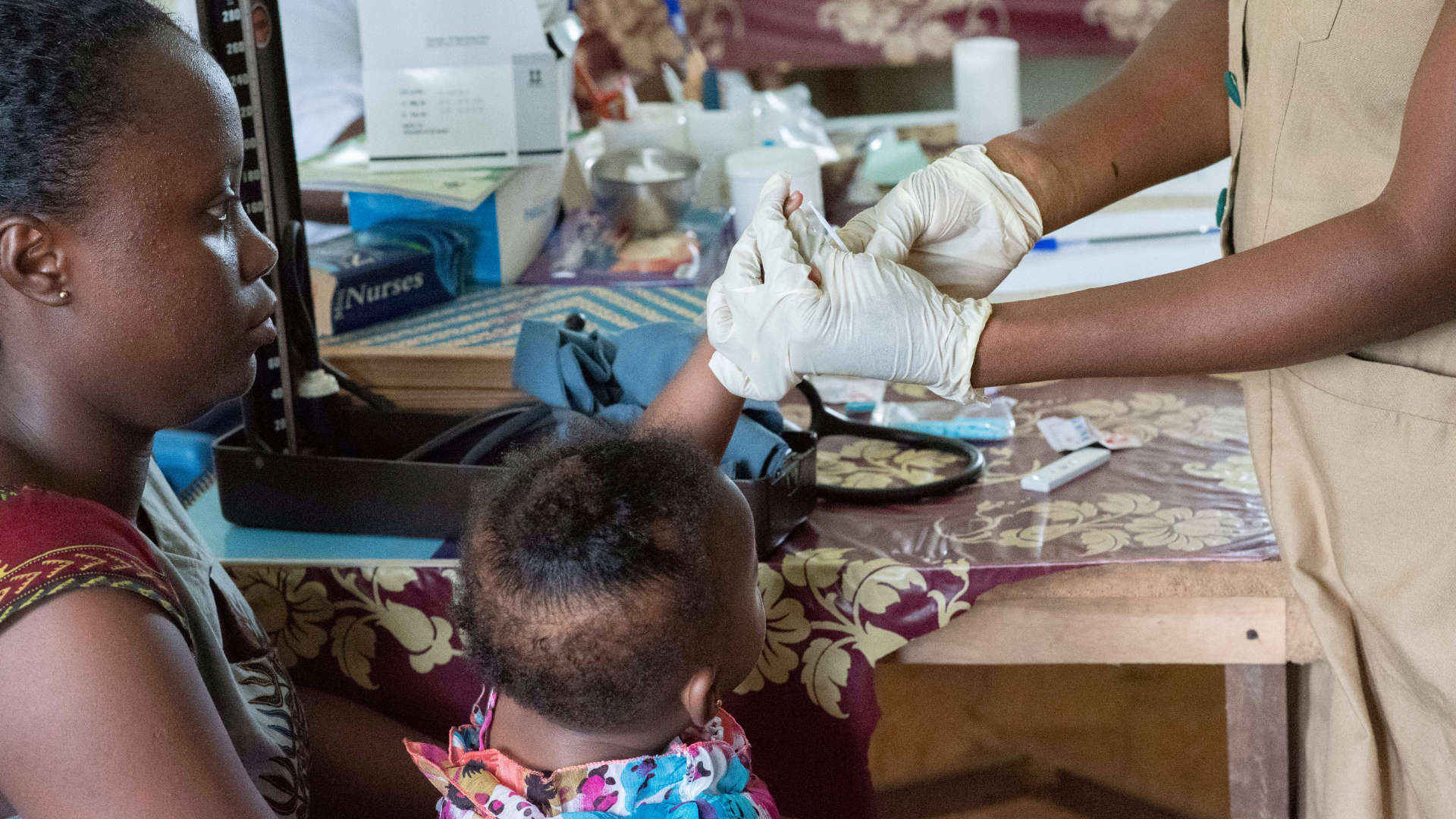The importance of mental health in shaping individuals and societies is undeniable. As highlighted by Romina Bandura and Paula Reynal in the Center for Strategic & International Studies (CSIS) “Investing in Mental Health Will Be Critical for Ukraine’s Economic Future” report, poor mental health has far-reaching consequences that extend beyond the individual level, affecting entire communities and societies. This report sheds light on the challenges Ukraine faces in its mental health landscape, particularly in the context of the ongoing war and its aftermath.
The Global Mental Health Landscape
The World Health Organization (WHO) has emphasized that poor mental health significantly impacts overall well-being, leading to a range of health issues and decreased life expectancy. Mental health disorders, including depression and anxiety, have been on the rise globally. The economic implications are substantial, with productivity losses due to mental health conditions costing the global economy trillions of dollars annually.
Ukraine’s Mental Health Context
Prior to Russia’s invasion in 2022, Ukraine was already grappling with mental health challenges, with about 10 percent of the population experiencing some form of mental health condition. However, the ongoing conflict has likely exacerbated these issues. Ukraine’s healthcare system inherited from the Soviet era faced numerous structural limitations, hindering access to quality mental healthcare. Stigma surrounding mental health further deterred individuals from seeking help, and the healthcare infrastructure remained fragile.
Healthcare Reforms and Mental Health
In the aftermath of the 2014 Revolution of Dignity and subsequent hostilities, Ukraine embarked on healthcare reforms to enhance its system’s efficiency and accessibility. Key achievements include the establishment of the National Health Service of Ukraine and the approval of the Programme of Medical Guarantees, reinforcing the right to baseline healthcare. Despite these advancements, the pandemic and the war impeded the momentum of reform efforts, impacting service delivery and supply chains.
Olena Zelenska’s Initiative
First Lady Olena Zelenska, with support from Prime Minister Denys Shmyhal and the WHO, launched the National Program of Mental Health and Psychosocial Support (MHPSS) in December 2022. This initiative aims to create a comprehensive and affordable MHPSS system, incorporating both global and domestic best practices. Recognizing the importance of mental healthcare in Ukraine’s recovery, the promotion of MHPSS becomes pivotal for rebuilding the nation and attracting diaspora Ukrainians back to their homeland.
Challenges and Opportunities
Ukraine faces a myriad of challenges in its mental health landscape, including a lack of infrastructure, stigma, and limited trained professionals. However, the report outlines several immediate actions and long-term interventions that the government and international partners can undertake to strengthen the mental healthcare system:
- Community-Based Services: Deploying community mental health teams to provide support in war-affected regions.
- Coordination and Communication: Collaborating among various stakeholders, including government agencies, NGOs, and aid organizations, to ensure comprehensive mental health support.
- Capacity Building: Training primary healthcare providers and community leaders to deliver evidence-based MHPSS.
- Promoting Awareness: Focusing on destigmatization campaigns and integrating mental health education into the school curriculum.
- Focusing on Vulnerable Groups: Prioritizing the needs of children, veterans, internally displaced people, and those with disabilities.
The report underscores the critical role of mental health in Ukraine’s recovery and growth. By addressing mental health challenges, Ukraine can rebuild its human capital, attract diaspora Ukrainians back to their homeland, and create a more resilient and prosperous society. The journey towards comprehensive mental healthcare involves not only policy changes and investments but also a shift in societal attitudes and perceptions surrounding mental health.



